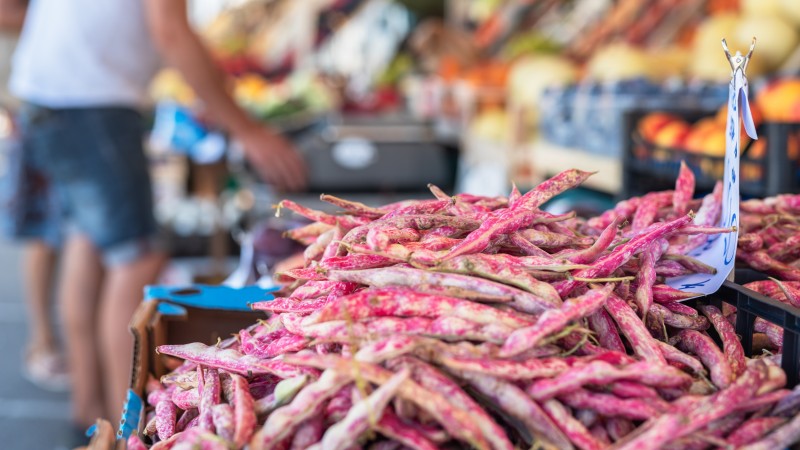Pulses: production planning becomes a matter for the ministry
November 8, 2023 at 4:46 PM ,
Der AUDITOR

Good opportunities for the pulses sector
A new regulation in Turkey could bring important benefits for the development of the pulses industry there. The Chairman of the National Legume Council, Ö. Abdullah Özdemir, recently announced: “From now on, the products and product groups subject to production planning will be determined by the Ministry. We hope that the new era will give significant momentum to our country's agriculture". The Ministry of Agriculture explained that said production planning will be based on the effects of climate change, irrigation possibilities, supply and demand balance and alternation possibilities, among other things. As pulses are convincing in all these sectors, they are likely to play an important role in the new production planning.
Low water demand harbours advantages
According to the World Water Stress Map, Turkey is one of the countries most at risk from the effects of climate change, especially water scarcity. As pulses require very little water compared to many other agricultural products, they are ideally suited for cultivation in water-scarce regions. At 580,000 mt, chickpeas are the most widely cultivated pulses in Turkey, followed by lentils at 445,000 mt. Overall, Turkish pulses production totalled 1.3 million mt last year and should reach a similar level in 2023. However, in order to meet demand, a large amount of produce still needs to be imported, apart from dried beans. Globally, the area under pulses has increased by 35% in the last three decades, and production rose by almost 60%.
Turkish exports increased significantly
Turkey ranks third in the world for exports of chickpeas and red lentils; the Turkish cereals, pulses and oilseeds sector shipped a total of over 10.6 million mt of various products overseas in the period January-September 2023. The goods went to more than 200 destination countries. Ahmet Tiryakioğlu, Chairman of the Türkiye Exporters Assembly Cereals, Pulses, Oilseeds and Products Sector Board, said: "Our exports have increased significantly in both value and quantity. Countries that used to buy our products less in the past have now started to buy more. Italy is an example of this situation. Our exports have reached 10 billion dollars. We are pleased with the results of our exports and our sector, and we will work to further increase the success”.
View more
- price charts





